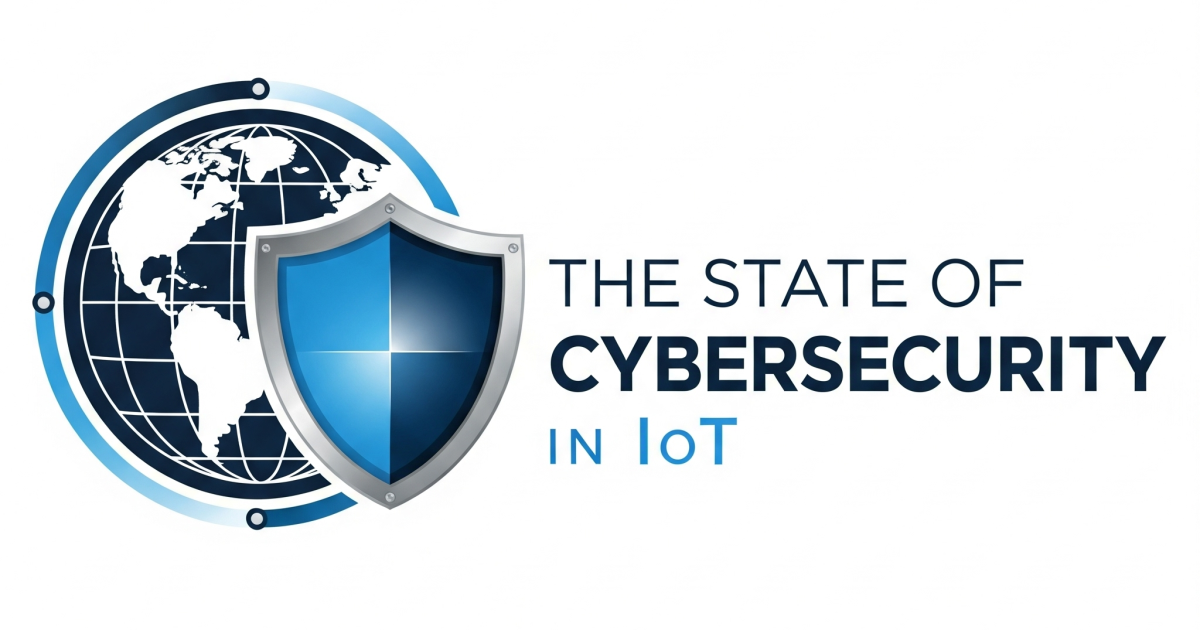The growth of the IoT holds promise for innumerable fields. However, it also raises a bevy of security concerns and the regulators have not adequately kept pace, according to a new policy study by R Street Tech Policy Fellow Anne Hobson.
“Because of the nature of network effects, internet-of-things devices present a unique problem to the internet as a whole,” wrote Hobson. “When devices are connected, one device's vulnerability becomes a problem for the entire network. This is not a new threat, as networked devices have been around since the 1960s. However, the scale of interconnection among today's devices magnifies the consequences of insecurity.”
Addressing these risks could entail a variety of approaches, including incentives to provide consumers with information about the cybersecurity of products they purchase and a more robust market for cyber insurance.
“Lack of cybersecurity is often viewed as a demonstration of market failure. It should instead be viewed as a market opportunity for private actors to lower the cost of information exchange or to help companies mitigate cybersecurity risks,” the author writes. “Policymakers can play a role in supporting market-based solutions like cybersecurity-assurance programs, information-sharing programs and adoption of cyber insurance.”
Federal agencies should encourage the cyber insurance market by insisting that IoT contractors be held financially responsible for any liabilities created for taxpayers as a result of cyberattacks on their products or services, she posits in the report. If regulators are involved, their goals should be based upon outcomes in reality, instead of building generic standards that will fall apart in the real world.
“Policymakers should avoid any regulatory approaches that would require design standards rather than performance standards,” Hobson said. “Design standards include rules that would require products to use certain protocols or communication standards deemed secure, whereas performance standards would set a desired safety outcome without specifying the means to achieving it. This would motivate companies to focus on compliance, rather than security. Legislating specific technical solutions would codify easily outdated features, limit U.S. competitiveness abroad and stunt experimentation.”
R Street is a not-for-profit, nonpartisan public policy research organization whose mission is to promote free markets and limited, effective government.
Edited by
Alicia Young





